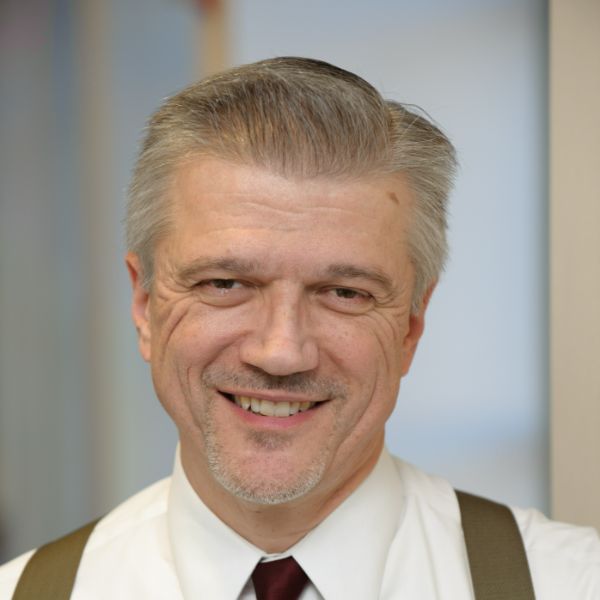Anthropologist and Latin America expert Daniel Reichman explores multiple takes on progress.
Several years ago, Daniel Reichman, a professor of anthropology at the University of Rochester, gained some insight into the meaning of progress during a conversation with a staffer at a non-governmental organization. The staffer was disparaging social conditions in Honduras, a country that Reichman had studied extensively. While true that Honduras has a high level of poverty and low levels of consumption and industrial output, Reichman pointed out that Honduras was emitting less carbon than other countries. “In this one measure, Honduras was ahead of, not behind the rest of the world if we rearranged the variables that define progress,” writes Reichman in the preface to his new book, Progress in the Balance: Mythologies of Development in Santos, Brazil (Cornell University Press, 2023).
Reichman admits he was being deliberately provocative. He wasn’t advocating poverty, surely a major reason for the country’s low carbon emissions. He was instead pointing to the environmental and social costs of the developments that, in the Western world, have traditionally been defined as progress.
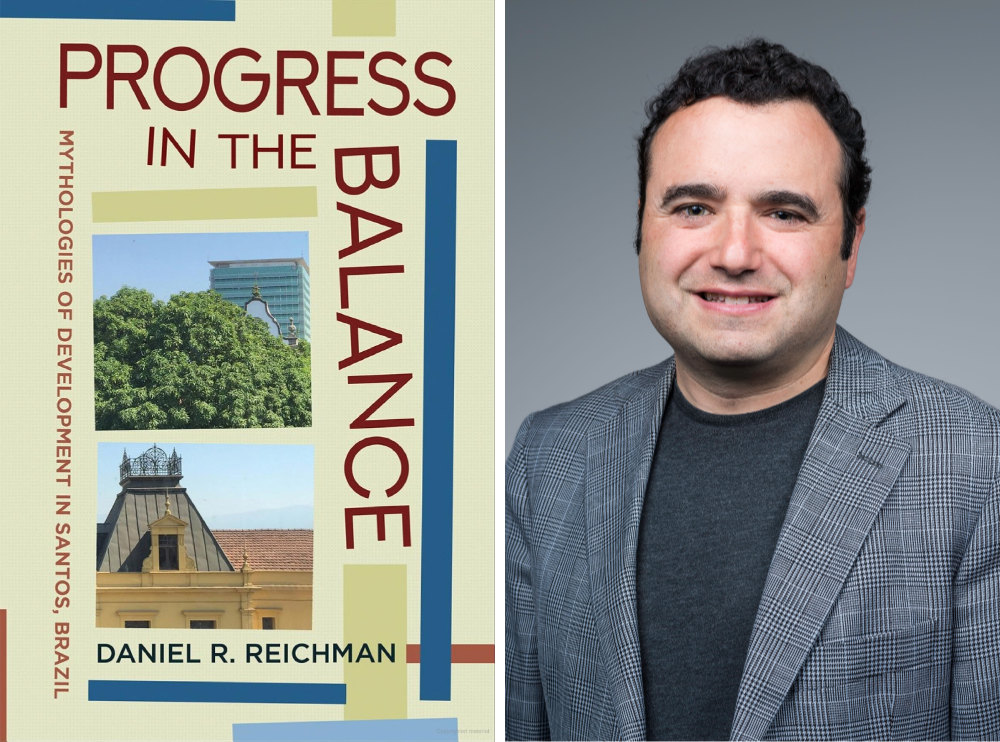
In Progress in the Balance, he raises bigger questions about the concept, which, like the concept of “development,” he argues, is “completely dependent on context.” In doing so, he knocks the traditional equation of progress with industrialization and material wealth off its pedestal.
But he’s careful not to advocate for any singular definition of progress in its place. Instead, he presents in each chapter a different story about progress as it has played out in Brazil as the nation remade itself from a major agricultural producer and exporter to a producer, exporter, and a nation of consumers.
He finds that every story of progress wrestles with a competing narrative that reveals a tension at the heart of contemporary Brazilian society. He writes: “Rapid modernization has created what many Brazilians see as a façade of progress that hides an unstable foundation. There is a clear sense among Brazilians that the state has squandered an opportunity to achieve dreams of national greatness by investing in symbolic and sometimes spectacular projects that hide deep, structural problems in Brazilian society.”
Q&A with Daniel Reichman
You’ve done a lot of work on Honduras. What drew you to Brazil, especially Santos?
REICHMAN: Throughout my career, I focused on economic anthropology and Latin America. My first big project was in Honduras, a troubled country where things weren’t getting better. After I had finished my first book, I decided that I wanted a different perspective. I was drawn to Brazil because, at that time, the country was in the middle of a boom with the fastest growing economy in the world. Its president at the time, Luiz Inácio Lula da Silva, was extremely popular, and huge offshore oil reserves had been discovered. What was remarkable was that Brazil had a left-wing government that was very much on the side of big business. So it seemed like Brazil had created a new model for progress that synthesized help for the poor—which included redistributing the profits of business to society—without alienating the wealthy. For a very long time, Latin America was marked by extreme inequality, with a small, wealthy, elite class, and a very large, lower class, and not much of a middle class. Brazil seemed to have broken that paradigm.
Secondly, I had studied the coffee industry throughout my career. Brazil is the world’s number one producer of coffee, both now and throughout history, yet very few people in my field had studied Brazilian coffee. And unlike the picture many people have of peasant farmers picking beans by hand and eking out a living, Brazilian coffee is more like Iowa corn−a big agribusiness with multi-million-dollar operations and a great deal of foreign capital.
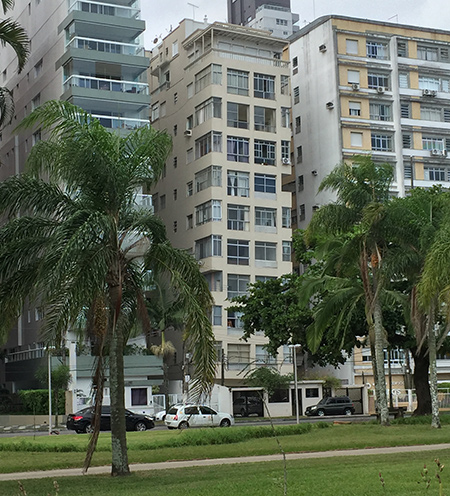
Progress is not a simple concept. You refer to relativistic and universalistic progress. What’s the difference?
REICHMAN: The term relativistic comes from cultural relativism, which is probably the most important concept in anthropology. Instead of judging a culture in terms of right versus wrong, you need to put yourself in the shoes of the people in order to understand their beliefs. This idea emerged in the 19th century when missionaries would say that certain populations had demonic beliefs and needed to be converted, or that they had no notion of reality. Anthropologists stepped in to say it’s important to understand how that culture makes sense to its participants. That’s what cultural relativism is; it’s understanding another culture in a non-judgmental way.
There isn’t simply one way to think about progress. Today there are often protests aimed at factories and big development projects because of their impact on climate change. In the past, smokestacks were seen as evidence of development progress. An anthropologist simply wants to understand these different versions of progress. That’s what’s meant by relativistic.
On the other hand, people who advocate a specific standard of progress—whether it’s individual rights, political freedom, or security of body—adopt what’s called a universalist standard of progress.
How did you go about making sense of progress in Brazil?
REICHMAN: Brazil became hugely important for the global food supply as China’s population started to consume more beef and grain and oil. The country became the new breadbasket of the world with all these goods moving in and out of Santos, the most important industrial port in Latin America. This is a port that developed through the coffee trade, but it seems like coffee has now been relegated to history as Brazil has transition from an agricultural to a modern, industrial country. But I started to think. Brazil is still the number one coffee producer in the world; coffee is still a billion-dollar industry; coffee continues to flow through the port. So why is it invisible? That, in turn, led me to think about the mythology around Brazil’s golden age of coffee. There’s a notion that everyone was making money and it was just the greatest time, yet a great deal has been erased from that story, including the use of slave labor to harvest the crops. I wanted to understand the meaning of that mythology. In Santos, progress was about moving from being an agricultural country that depended on North American and European consumers to buy the stuff that they were growing, to being a self-sufficient, consumer economy. It was more important to be the person in Starbucks buying the coffee, than the person growing the coffee. In other words, progress meant moving from being a producer to a consumer.
With that in mind, I traced different stories about the meaning of progress, whether they had to do with museums, monuments, literature, or people.
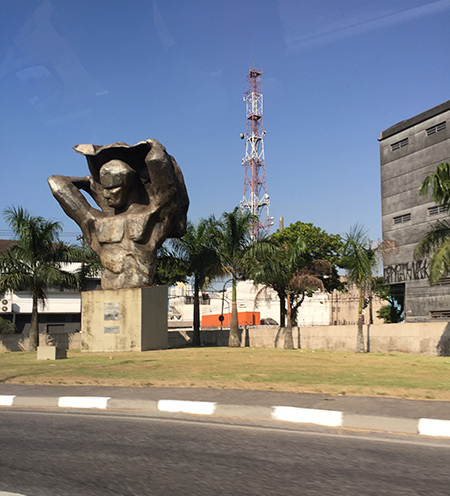
Does mythology serve a purpose?
REICHMAN: For one thing, giving the area a unique identity makes it easier to attract tourists. The mythology also helps to brand Brazilian coffee in the world market, giving it the patina of being the original Latin American coffee.
Finally, there’s a historical dimension. In the years before the Great Depression, coffee was the thing that was going to launch Brazil into the modern world. Santos, a city that was once a tropical backwater, became the New York of Latin America. You could buy goods from all over the world. You could go to a casino and theater and country clubs. There was a huge boom around coffee in the early 20th century that made Santos a destination.
I’m struck by the idea in Brazil, that progress during the was a miracle was progress at any cost. Can you talk about that?
REICHMAN: This idea is sometimes called developmentalism. The rationale behind it is this: Countries outside of Europe and North America were behind the West in terms of capital investment and technology. As a result, they were dependent on inventions, capital, and heavy machinery that they couldn’t produce themselves. Developmentalist ideology was essentially a kind of catch-up game. The role of government should be to jumpstart a country into modernity as quickly as possible, no matter the cost.
European countries polluted the air through the industrial revolution for several hundreds of years before anyone cared, so why should South American countries have to slow down? As a result, Brazil adopted an aggressive pro-business, pro-development view of government in which workers’ rights, human rights, and the environment took a backseat. Santos was once described in the New York Times as the worst place in the world because of the pollution. The beaches, for example, have a huge problem with sewage running directly into the water. Instead of swimming, people often just walk on the beach. They might go in up to their knees, but the water is too polluted for most people. For me, that symbolizes the compromise that comes with progress-at-any-cost.
The chapters in your book focus on key tensions. Why is that?
REICHMAN: If a country is fragmented politically, which most countries are, there are going to be moments where the fragmentation becomes public. The most obvious events are things like the January 6 insurrection at the US Capitol. But you can also find evidence of fragmentation in more mundane events. One example has to do with trucks at the port, which is adjacent to a historic downtown area. Truckers come in and idle for hours waiting to unload their goods. The people eating at nice restaurants and cafes don’t want to be sitting next to a rumbling truck for five hours, so the business owners want the truckers to locate elsewhere. Meanwhile, the truckers had a big protest in the center of town saying they need places to stop, go to the bathroom, and eat. As they see it, they’re a big part of this economy, but others want to make them invisible. That conflict involves two models of progress. Each chapter uses everyday events to illustrate deeper social conflicts.
Along with coffee, Brazil is known for soccer, particularly legendary superstar Pelé. Why did you devote a chapter to the Pelé Museum?
REICHMAN: Pelé became famous playing for the Santos Football Club, which some would consider the New York Yankees of Brazilian soccer. He was a godlike figure. The government of Brazil invested a huge sum of money in creating a museum to Pelé that was really about telling the history of Brazil’s development. Pelé went from being an innocent, unknown country boy in the interior of the country to becoming one of the most powerful and important celebrities in the world. The museum traced that history, which I saw as being a metaphor for the story of—what seemed to be—Brazil’s resilient progress. Ironically, though, the museum was a total failure; people didn’t go, and it was bleeding money. After a great deal of fanfare and the amazing restoration of an old mansion, the success story of the museum turned into a bust.
What’s the lesson of the book? When somebody closes it, what should the takeaway be?
REICHMAN: The takeaway is that there is no universal definition of progress. But it is necessary for societies to have some collective sense of where they are headed−and what a better future would look like−in order to get people to participate in things that are greater than their own personal, private interests. I don’t see myths as falsehoods. I see them as socially useful narratives that bind people together and create community.
Read more
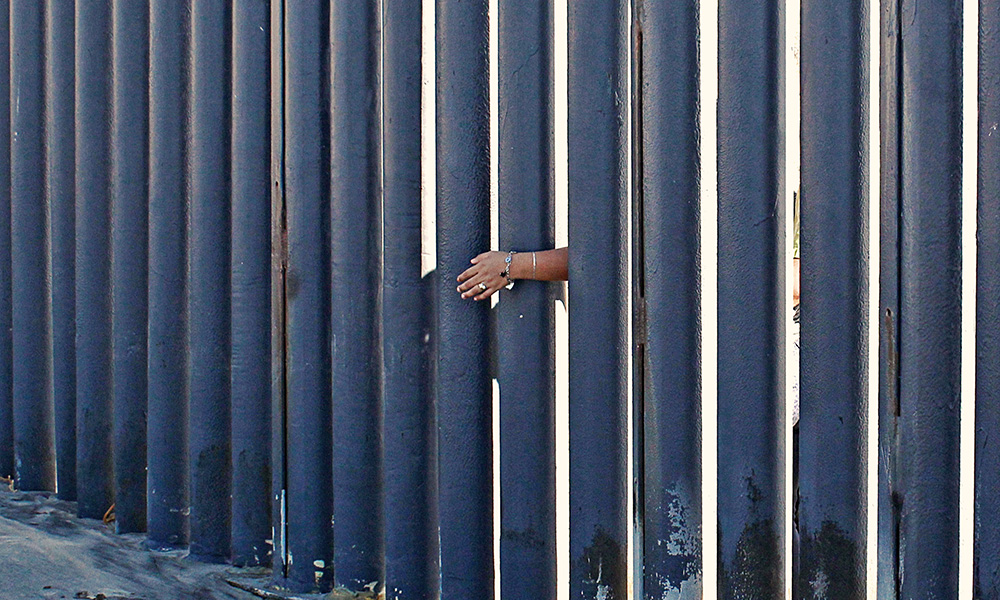 Crisis at the border? Anthropologist looks at Central American migration
Crisis at the border? Anthropologist looks at Central American migration
Daniel Reichman describes a system that is far more complicated than what’s often presented in the news.
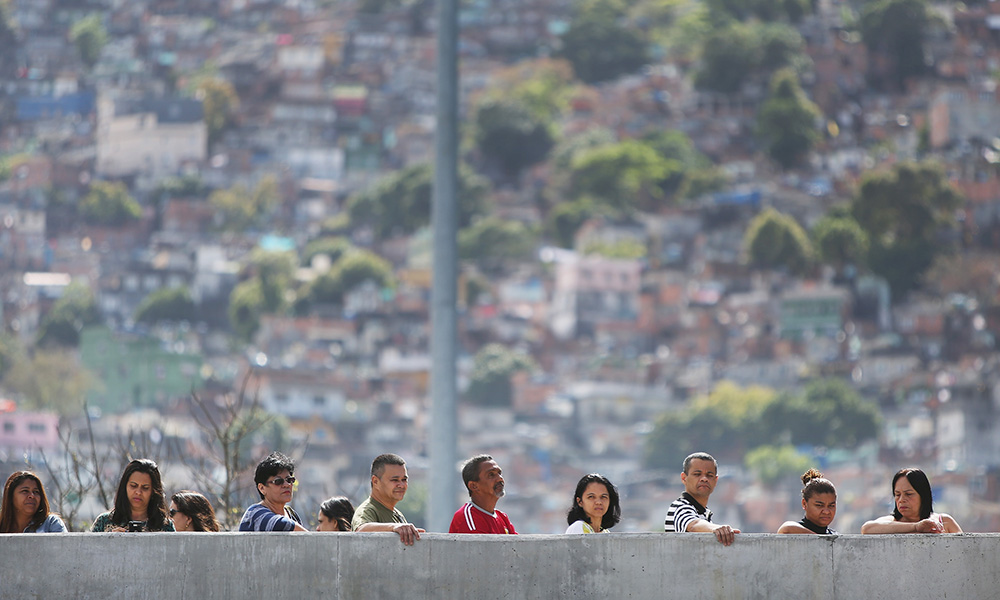 Can appearing less educated help right-leaning candidates win votes from the poor?
Can appearing less educated help right-leaning candidates win votes from the poor?
Rochester political scientists present evidence from Brazil.
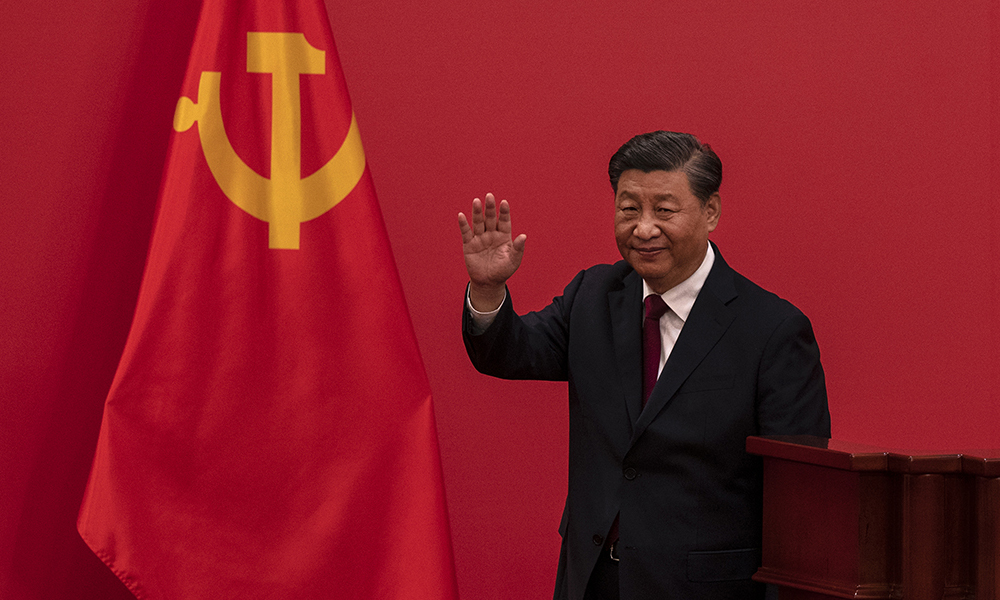 China’s future after party congress ‘more unpredictable than usual’
China’s future after party congress ‘more unpredictable than usual’
John Osburg says Chinese president Xi Jinping risks blame for the country’s mounting problems.

